|
Posts by: Dr. Justine A. Lee, DVM, DACVECC As Thanksgiving approaches, accidental poisonings often occur in dogs (and less commonly cats) – that’s because they often get into the delectable human foods while table or counter-surfing! To be safe, make sure to keep your dog crated or your cat locked out of the kitchen while you’re preparing your Thanksgiving feast. More importantly, satiate your dog or cat with non-toxic treats. Of course, not all Thanksgiving foods are dangerous. And it’s a holiday for your pets too, right? With that in mind, here are 6 safe treats you can give your dog or cat this Thanksgiving.
Also a big no-no for any breed—bones. Bones are sharp and can result in an esophageal foreign body, gastrointestinal upset, or rarely, a foreign body obstruction! More importantly, keep that darn piece of yarn/string that is wrapped around the turkey out of reach – this is often accidentally ingested by dogs and cats directly from the garbage, and can result in a life-threatening linear foreign body obstructionwhen ingested.
If you have any questions or concerns, you should always visit or call your veterinarian – they are your best resource to ensure the health and well-being of your pets.
Reviewed by: Elizabeth Schooley, DVM, MS, DACVIM Reviewed on: Monday, October 5, 2020
1 Comment
|
Archives
November 2023
Categories |
|
HELPFUL INFORMATION
Office Hours
Monday: 8AM – 6PM Tuesday: 8AM – 6PM Wednesday: 8AM – 8PM Thursday: 8AM – 8PM Friday: 8AM – 5PM Saturday: 8AM - 12PM Sunday: CLOSED |
LOCATION
AND DIRECTIONS Salem Veterinary Hospital
2159 Lynnhaven Parkway, Suite 105B Virginia Beach, VA 23456 |
CONNECT
WITH US! |
Site powered by Weebly. Managed by IDEXX Laboratories
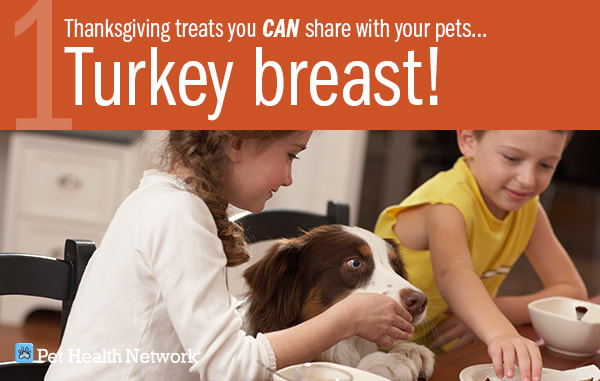
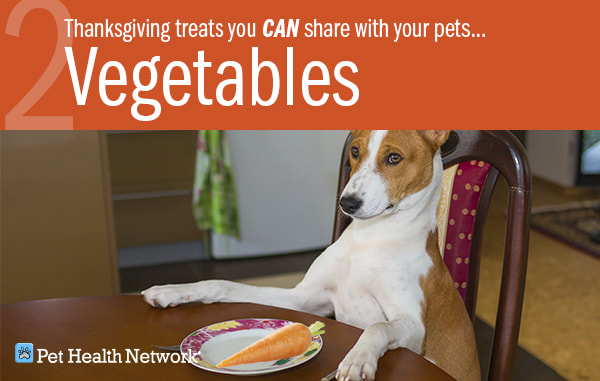
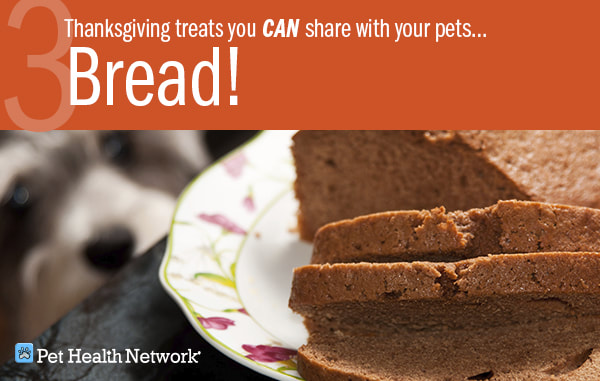
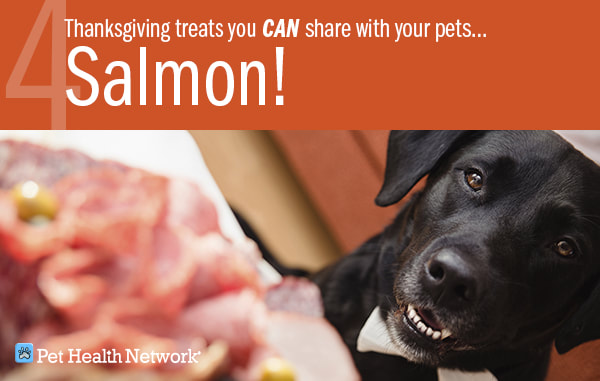
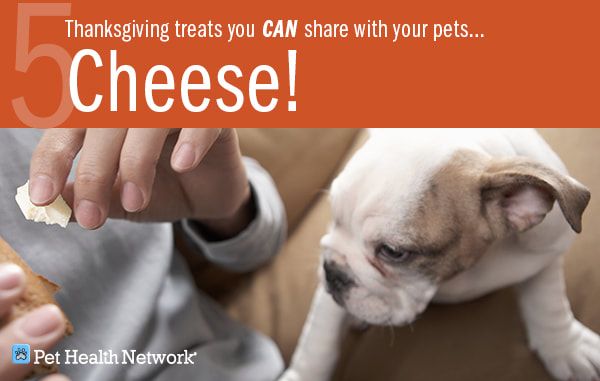
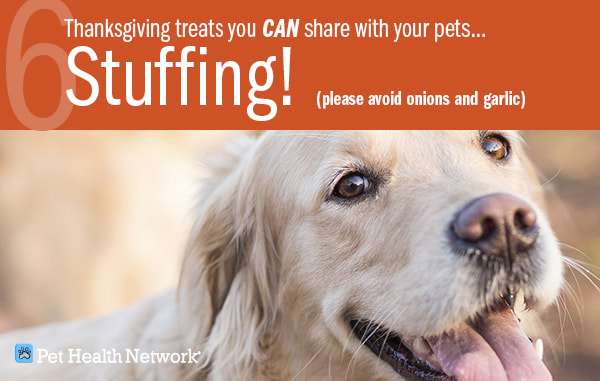
 RSS Feed
RSS Feed
